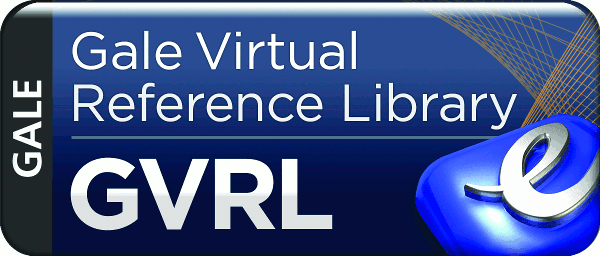eBook lending for libraries is still an issue for many reading consumers, and frustration on both sides of this issue still plagues both libraries and publishers. While libraries are concerned with meeting their budgets and offering relevant content in a way that keeps patrons looking to their libraries for material, publishers have to ensure that their authors are compensated and that they continue to earn enough of a profit to keep their doors open. To this end, the industry has seen everything from 300% price increases for libraries to purchase ebooks to artificial limits on the number of times an ebook can be borrowed.
A new model, though, may provide enough of a solution that libraries and publishers alike can feel confident in the transaction. Gale Virtual Reference Library, part of Cengage Learning, has launched its Usage-Driven Acquisition model, or UDA, which will allow libraries to purchase digital books based on how often and how much they are actually used, as opposed to licensing the ability to offer the titles. Gale’s customers will pay a deposit to access the entire database of titles for six months, and then at the end of the six month period, further pricing structures will be based on how much content was actually accessed by the libraries’ patrons. Under this model, libraries can enjoy unlimited simultaneous checkouts of each of the more than 2,000 titles in the imprint, because pricing is based on usage, not on ownership.
“The nature of e-book acquisition has changed considerably over the years and we have explored a number of models with customers in the past which have led us to today’s announcement,” said Nader Qaimari, senior vice president, sales and marketing for Gale, in a press release. “We want to expose more customers to the great learning and research opportunities offered by GVRL, and introducing this unique purchase model allows our customers to experience the platform with little risk and also enables them to make smart purchasing decisions that they can feel comfortable are meeting the direct needs of their user base.”
And the public has spoken. In 2012, GVRL was voted “Best Overall Database” by Library Journal‘s readers, thanks to features like support for thirty languages, read-aloud text features in nineteen different languages, the ability to translate an article, and more. While Gale is predominantly an academic content provider, it will be interesting to see if publishers and libraries are willing to adopt an unheard of model for typical library content by basing compensation on how much is actually accessed.
Mercy Pilkington is a Senior Editor for Good e-Reader. She is also the CEO and founder of a hybrid publishing and consulting company.

